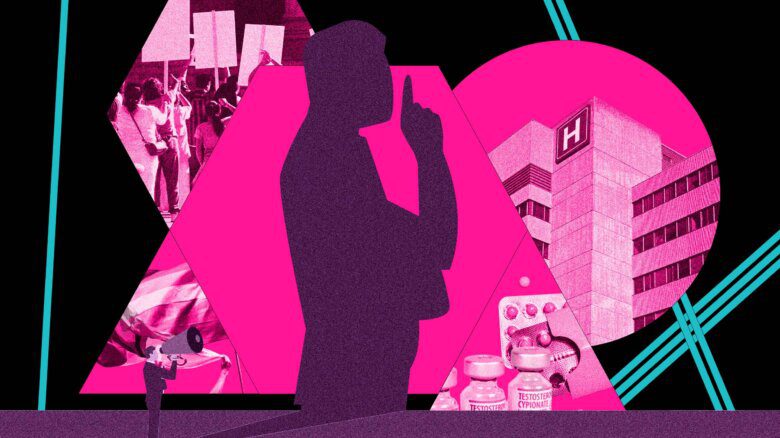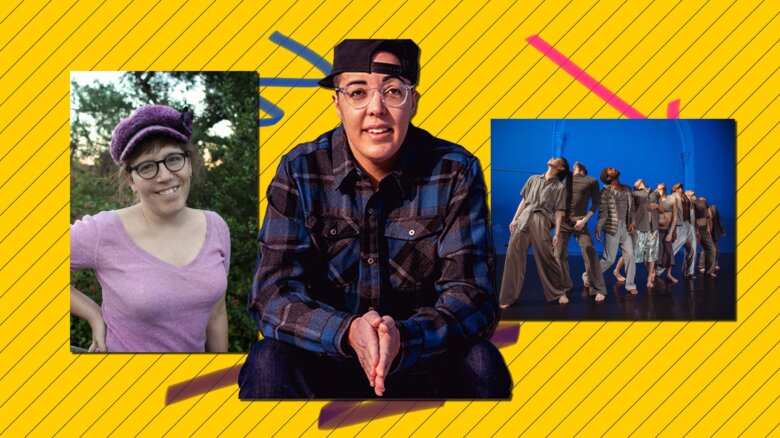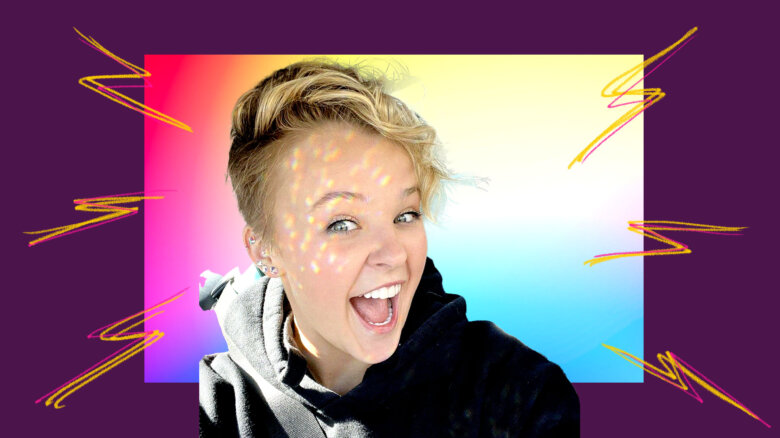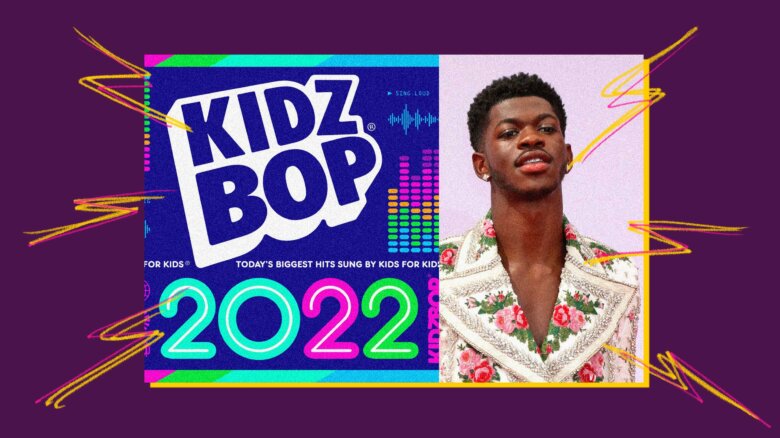“Ask Kai: Advice for the Apocalypse” is a column by Kai Cheng Thom to help you survive and thrive in a challenging world. Have a question? Email askkai@xtramagazine.com.
Dear Kai,
When is it okay to ask someone with less privilege than you to cut you some slack? For context, I’m a white person in my early thirties, and I’m in the middle of a friendship breakdown with one of my oldest friends. She’s a person of colour I’ve known and loved (platonically, if that makes a difference) for over 10 years. Things have been getting tough between us for a while now, and I think our friendship might actually be ending, which makes me so sad. This friend has recently been going through a hard time with some relatives passing away due to COVID-19. I was going through a hard time too, and I also had my first kid early on in the pandemic. I wasn’t able to be there to support my friend in the way she needed, and even though I tried, I know I disappointed her—not calling or texting enough and not being able to spend a lot of time together.
A few months ago, my friend sent me a text saying that she needed more accountability from me in our relationship and wanted to know why I had “ghosted” her (I hadn’t ghosted, but I hadn’t answered a couple of text messages, which I take responsibility for). I did try to show up for that conversation and we had a few phone chats, but they all broke down because my friend would yell—like, really yell and swear—at me and I would start crying. She’d say that I was doing “white woman tears,” which isn’t something I can help (I’m crier who sobs at the drop of a hat, and I also have PTSD from being screamed at and terrorized by my parents, which makes this all super triggering).
Eventually, I tried to set a boundary with my friend and told her that I wanted to work things out and be accountable, but that she wasn’t allowed to scream or swear at me. That just seemed to make things worse because it really set her off. She said I was being fragile and white supremacist, and that I was “enacting systemic white violence” on her. I think I understand what she means, but I also don’t know what to do. I’m tired of being screamed at and shamed, which honestly feels a bit like abuse. I also don’t want to be racist. Can you tell me what to do?
Tired of Everything and Really Sad
Dear TEARS,
What a painful situation you find yourself in. I really feel for you and can see that you want to set boundaries in this conflict, but don’t know how to do so without causing more damage to the relationship. This is one of the primary struggles that people face in conflict-resolution work, and it’s made even more complicated by the racial dynamics that your friend has flagged. This stirs up so many questions, but the primary one for me is: how can two human beings love each other well when one has more power and privilege than the other? To answer this question, TEARS, we will need to compassionately explore the values you bring to both love and conflict.
In the maze of interpersonal conflict, particularly conflict with close friends and loved ones, we are likely to feel a disorienting swirl of thoughts and emotions. In all my time as a counsellor and mediator, I have never met a person in conflict who didn’t question themselves at least a little bit:am I right, or are they right? Am I the asshole here, or are they? What is the “right” thing to do, and how can we tell who is in the “right” in this situation?
In order to create a sense of internal stability and decrease our conflict-related anxiety, most people will look for clear rules of engagement to follow: rules of behaviour and rules of ethics. We absorb these rules from our families of origin, the cultures and communities we are embedded in and, in the contemporary era, sometimes from psychotherapy or self-help.
These often unspoken rules of engagement can be extremely helpful in a conflict, as they provide us with a map to follow through the maze. We can run into serious problems, however, when the person or people we are in conflict with are following a different set of rules than us, or when we apply our rules inconsistently. When the rules of engagement we are following differ from the other person’s, this often causes confusion—and is sometimes perceived as a sign of serious disrespect. This is why clear communication and transparent processes around conflict are key: they allow all parties to know which rules are being followed and why.
Yet here again we can run into trouble when the values embedded in certain rules of engagement actually contradict one another to some extent. This, I believe, is what has happened to you and your friend, TEARS. You actually have communicated to each other at least some of the rules you are following, which is good. However, you are each choosing to emphasize a different set of rules, and thus, a different set of values.
Let’s start with the values you bring to the table. You’ve stated up front that you don’t want to be racist, that you want to work things out and that you want to be accountable. I would imagine that you and your friend agree on those points (at least insofar as you both want accountability and anti-racism to be present in the relationship). Where you start to disagree on rules of engagement is the concept and practice of boundaries: what is an acceptable way to talk to one another and what is not?
The notion of boundaries as you appear to be using it, TEARS, comes to us from self-help and counselling literature from around the 1980s. It’s a relatively new way of talking about interpersonal relationships, and it emphasizes the notion of each human individual being separate and distinct from one another—we each have certain rights and we each have certain responsibilities.
In common parlance and pop psychology (which is neither automatically good nor automatically bad), boundary discourse has led to a generalized belief in certain circles that we have a right to ask (or even require) people to speak to and treat us in a certain way in order to feel respected and safe. The power and wisdom of this line of thinking is that it acknowledges and makes space for our individual sovereignty. We can each choose who we want to spend time with and how, and we can choose to end our relationships as we see fit. So you, TEARS, can certainly choose to have a requirement for how you want or need your friends to treat you, and you can leave the relationship if they are unwilling or unable to fulfil those requirements and they can do the same). However, this paradigm isn’t enough to solve your problem, because that is only one half of the rules that are being applied in the conflict.
The other half is your friend’s half: she seems to be drawing from a set of values and rules that are informed by antiracist and critical race theory. As you probably know, these frameworks are often used today to acknowledge the social power dynamics inherent in our relationships and day-to-day lives.
An antiracist perspective acknowledges that certain people and certain ways of expressing emotion are given more space and validation in the dominant culture. The quintessential example of “white woman tears” reflects upon the long and significant history of white women’s expressions of fear being used as a justification for real violence against people of colour, especially Black and Indigenous folks—to the extent that marginalized people may be imprisoned or even killed. When we look at conflict between a white person and a person of colour through an antiracist lens, we are asked to consider: Whose emotional expression is more likely to be seen by the dominant culture as allowable and appropriate? Whose emotional expression is more likely to be stereotyped as violent and dangerous? Antiracism conflict values encourage us to ensure that space is made for people of colour to express the full range of their emotions, and by extension, their humanity.
“Conflict resolution is often a process of mutual transformation.”
It seems to me, TEARS, that you and your friend are getting stuck in the question of which rules to play by: should you prioritize making space for the full expression of your friend’s anger, or is holding on to a strong sense of interpersonal boundaries most important? Could you do both at the same time? I’d like to suggest that conflict resolution is most often a process of mutual transformation. In order to repair serious conflict in a relationship, both people must be willing to extend themselves into what I like to call the “Window of Transformation”—the place just outside of our comfort zone where we can lean into conflict and grow.
For your part, TEARS, you might consider what your friend is asking for, beyond the screaming and swearing. It seems to me like she wants you to be able to hear the fullness of her anger and disappointment with you. Now, this absolutely doesn’t mean you have to tolerate being shamed or degraded. However, I wonder if there is some way that you might grow and expand your capacity to hear the anger of the people of colour in your lives.
How might things change between you and your friend if you were more able to hold space for that anger? How can you show up fully in this friendship, demonstrating the strength and capacity for accountability around racial power dynamics? In situations like this, I like to recommend the work of Resmaa Menakem, a social worker, author and racial justice teacher whose teachings support white folks to develop the range and skill to manage the feelings of overwhelm, shame and collapse that often arise when confronted with racialized anger. Crucially, this means being able to stay present with raised voices and straightforward language—something that middle-class white culture is seriously challenged by.
As for your friend, I might invite her to consider if there is a way to express the fullness of her emotions without escalating past the point where you can really hear and integrate what she is saying. The anger of Black folks, Indigenous folks and people of colour is so often demonized and repressed that it can be really challenging for us to scale it back when we’ve finally reclaimed our right to speak. Yet even as we acknowledge the wisdom and sacredness of our anger, it is also true that when our anger is expressed through shame and blame, it can actually prevent our loved ones from expressing the care and connection we so deeply desire. And while BIPOC anger is sacred, it does not give us licence to overstep someone else’s dignity.
My final piece of advice to you, TEARS, is that conflict resolution does not necessarily mean coming back into a relationship with one another. Sometimes, conflict shows us that it is time to part ways, in which case the question of resolution becomes: How do we part ways well? How can we honour all of the good times we have shared together as we say goodbye? It could be that you and your friend have simply diverged too far in perspective to stay close friends. Is there a way you can still acknowledge all that you’ve shared and show respect for one another as human beings?
Conflict can be confusing and terrifying. At its core, conflict makes us question who we are and what we believe. Yet this process can also be an opportunity, TEARS—a chance to deeply reflect on what we care about, and to invite those we are in conflict with into that process with us. Stay curious and courageous, give yourself permission to be uncomfortable. Remember that in the fire of conflict, we can forge our better selves.
Kai Cheng Thom is no longer a registered or practicing mental health professional. The opinions expressed in this column are not intended or implied to be a substitute for professional medical advice, diagnosis or treatment. All content in this column, including, but not limited to, all text, graphics, videos and images, is for general information purposes only. This column, its author, Xtra (including its parent and affiliated companies, as well as their directors, officers, employees, successors and assigns) and any guest authors are not responsible for the accuracy of the information contained in this column or the outcome of following any information provided directly or indirectly from it.


 Why you can trust Xtra
Why you can trust Xtra


